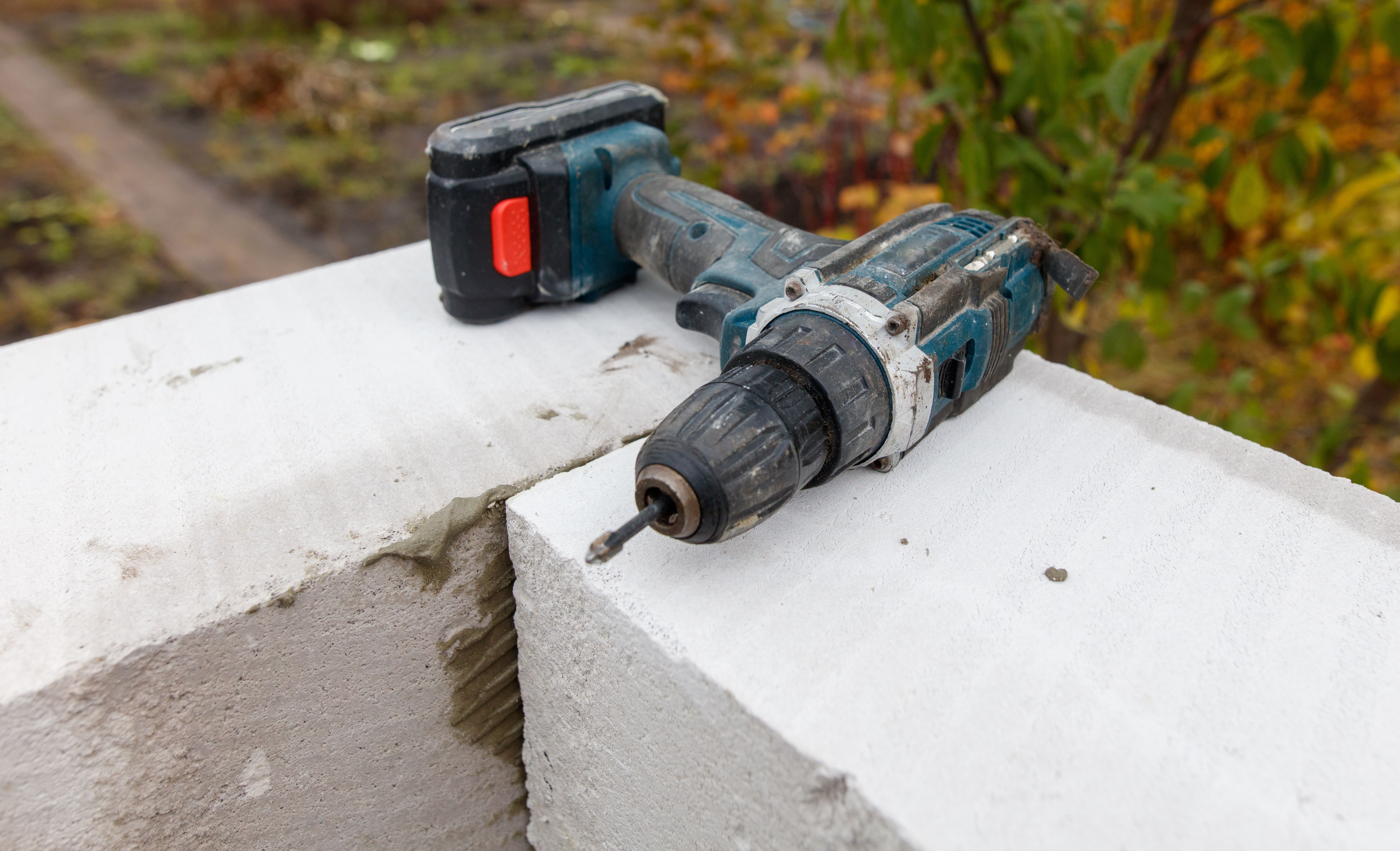Drill Maintenance Services in Germany: Best Practices and Local Insights
RR
Understanding Drill Maintenance
Drill maintenance is a crucial aspect of ensuring the longevity and efficiency of drilling equipment. Whether it's used in construction, mining, or any other industry, regular maintenance helps in preventing unforeseen breakdowns and costly repairs. In Germany, where precision and efficiency are highly valued, following best practices in drill maintenance is essential.
Maintenance involves a variety of tasks ranging from simple cleaning to more complex part replacements. The key is to follow a consistent schedule that aligns with the manufacturer's guidelines and the specific usage of the equipment.

Importance of Regular Inspections
Regular inspections are the backbone of effective drill maintenance. During these inspections, technicians should check for signs of wear and tear, lubrication levels, and any potential issues that could disrupt operations. In Germany, many companies employ skilled technicians who are trained to spot even the slightest irregularities.
Implementing a checklist can be beneficial in ensuring no aspect of the drill is overlooked. This checklist should include elements such as:
- Checking and tightening all bolts and nuts.
- Inspecting hoses and connections for leaks.
- Ensuring moving parts are well-lubricated.
- Examining the electrical system for any faults.
Using Quality Parts and Lubricants
The use of high-quality parts and lubricants cannot be overstated. In Germany, there is a strong emphasis on using certified parts that meet the industry standards. This not only ensures longevity but also enhances the performance of the drills.
Lubricants play a vital role in reducing friction between moving parts, thus preventing overheating and wear. It's important to choose the right type of lubricant for your specific drill model. Regularly replacing these lubricants according to the manufacturer's recommendations can make a significant difference in performance.

Training and Expertise
Another key component of effective drill maintenance is having well-trained personnel. In Germany, vocational training programs are highly regarded, and many technicians undergo rigorous training before they can handle drill maintenance tasks independently.
This expertise ensures that maintenance work is carried out efficiently and safely. Companies often invest in continuous training for their staff to keep them updated with the latest technologies and techniques in drill maintenance.
Environmental Considerations
Germany is known for its commitment to environmental sustainability, and this extends to drill maintenance practices as well. Companies are encouraged to adopt environmentally friendly practices, such as proper disposal of waste materials and recycling used parts when possible.
Choosing eco-friendly lubricants and ensuring that drills operate at optimal efficiency can significantly reduce the environmental impact. This aligns with Germany's broader goals of reducing carbon footprints and promoting sustainable industrial practices.

Local Insights and Industry Standards
The German market is unique in its adherence to strict industry standards. These standards ensure that all equipment, including drills, operate safely and efficiently. Local insights suggest that companies that comply with these standards not only benefit from increased operational efficiency but also gain a competitive edge.
Collaboration among local businesses, industry associations, and regulatory bodies helps in maintaining these high standards. Regular audits and certifications further ensure compliance and quality maintenance practices across the country.
Conclusion: The Path Forward
In conclusion, effective drill maintenance in Germany involves a comprehensive approach that includes regular inspections, the use of quality parts, skilled personnel, environmental considerations, and adherence to local standards. By following these best practices, companies can ensure their drills operate efficiently, safely, and sustainably.
Investing in proper maintenance not only extends the life of the equipment but also enhances productivity, ultimately contributing to the success of any project or operation.